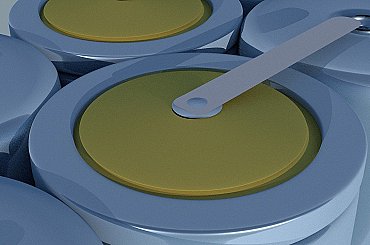US Researchers Are Developing An EV Battery Without ‘Forever Chemicals’
The global demand for lithium-ion batteries is forecast to increase from 700 gigawatt-hours in 2022 to a whopping 4.7 terawatt-hours by 2030, according to Mckinsey & Company. That’s because battery usage is not just growing in electric vehicles, but also in electrical appliances, drones, grid-level energy storage and dozens of other applications. But their dirty secret of using harmful chemicals hasn’t been addressed yet.

You are not logged in
If you want to read more, join the ENERGY-HUB club
LoginTry the monthly membership in the ENERGY-HUB club for free!
Related articles
US energy storage industry ready to commit US$100 billion domestic supply chain investment but reforms are needed, ACP says
Clean energy trade body American Clean Power Association (ACP) announced a commitment on behalf of the US energy storage industry…
Artificial light tests for indoor PV
Researchers at the Universitat Politècnica de Catalunya in Spain evaluated 12 PV devices from 11 suppliers for indoor use, identif…
Intilion to provide 81MWh BESS for Germany project
System integrator Intilion will provide 81MWh of its BESS technology for a project in North-Rhine Westphalia, Germany. Intilion wi…
IPS unvelis 8.1 MWh utility-scale BESS
IPS has developed an 8.1 MWh utility-scale battery energy storage system (BESS) housed in a 20-foot container with an integrated 4…
UK’s First Hydrogen-Powered Live Aircraft Turnaround Takes Place at Exeter Airport
A pioneering demonstration showcasing how hydrogen can support the decarbonisation of airport ground operations has taken place at…
ENERGY-HUB is a modern independent platformsharing news and analytic articles from the energy sector on a daily basis. Within our portfolio we monitor czech, slovak and foreign press releases.



